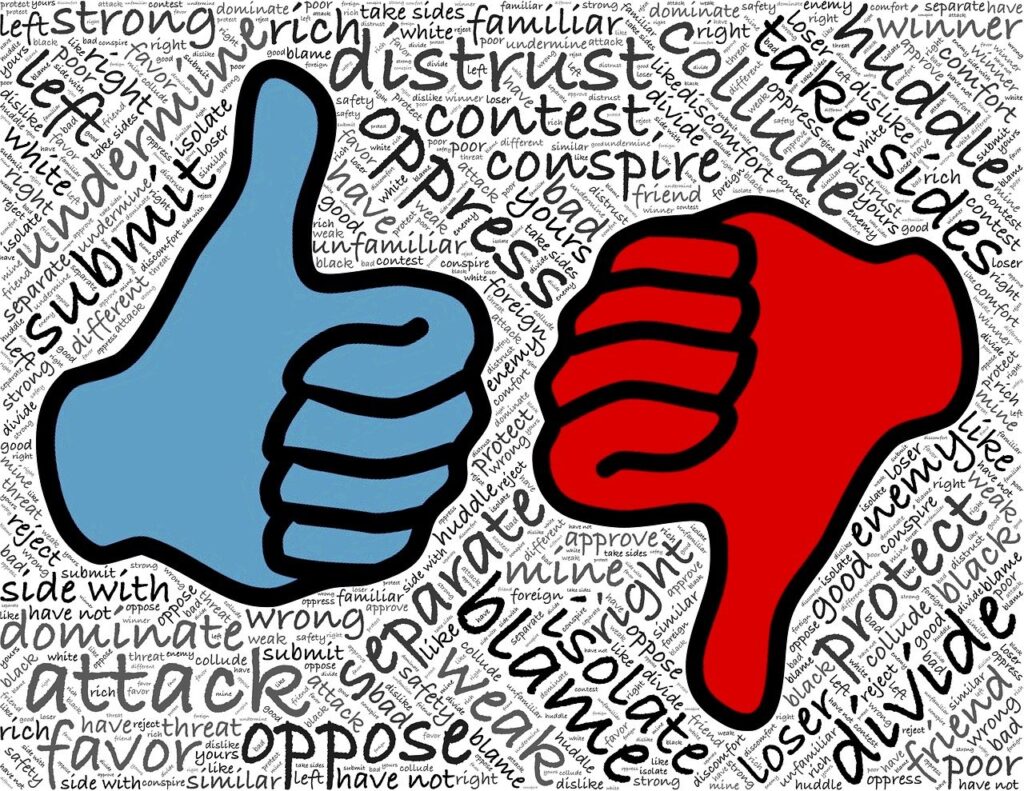This post contains compensation links. A compensation link means I earn a fee if you purchase through my link, at no extra cost to you. Thank you for your support.
Have you ever heard the saying, “You buy yourself an enemy when you lend a man money?”
Yes, you read that right – lending money to someone can potentially turn them into your enemy.

The Consequences of Loaning Money
I‘ve watched enough Judge Judy shows to know how many people sue each other over loans which are not paid back.
We’ve probably all been on both the giving and receiving ends more than once in our lives.
It’s annoying when we don’t get our money back on time or at all. It’s also uncomfortable when we owe money that we don’t have anymore.

Lending money to family and friends is a common practice, and often seen as a gesture of goodwill and trust.
However, we sometimes fail to realize that lending money can also lead to serious consequences, including the creation of an enemy.
Is Lending Money Worth It?
Let’s look at this phenomenon further and understand why you may end up buying yourself an enemy when you lend someone money.

So anyway, this age-old adage speaks to the potential risks and consequences that can arise when lending money to someone, whether it be a friend, family member, or acquaintance.
A simple act of kindness can often lead to strained relationships, misunderstandings, and even financial loss.
This is why I haven’t lent anything to anyone in years.

The Dangers Of Lending Money
Lending money to someone, especially without a formal agreement in place can open up a Pandora’s box of issues.
As we know, it’s not uncommon for the borrower to delay or default on repayment, leaving the lender in a difficult position.
This can lead to feelings of resentment, betrayal, and anger on both sides, ultimately damaging the relationship beyond repair.

The Power Dynamics at Play
When money comes into play in a relationship, it can shift the power dynamic between the two parties.
The borrower may feel indebted to the lender, leading to a sense of obligation, resentment, and potential manipulation.

On the other hand, the lender may feel taken advantage of or used, creating a sense of mistrust and animosity.
Lack of Clarity and Communication
One of the biggest pitfalls when lending money is the lack of clarity and communication surrounding the terms of the loan.
Without a clear agreement on repayment schedules, interest rates, and consequences for non-payment, misunderstandings are bound to arise.
But then, who really bothers to do this?

How Lending Money Stirs Up Bad Feelings
Another reason why lending money can lead to an enemy is the expectation that comes with it.
When you lend someone money, there is an implicit understanding that the borrower will pay it back.
However, this may not always be the case.
If the borrower fails to repay the loan on time or at all, it can lead to a breach of trust and resentment from the lender’s end.

The borrower, on the other hand, may feel guilty or embarrassed about not being able to repay the loan, which can eventually turn into anger towards the lender.
This can create a hostile environment between the two parties, leading to a potential fallout and the end of the relationship.
Shifting Dynamics From Lending Money
Moreover, lending money can also cause a shift in the dynamics of a friendship or a family relationship.

The borrower may start to see the lender as someone who is financially superior and may begin to feel inferior.
This can lead to feelings of jealousy and envy, as the borrower may compare their financial situation to that of the lender’s.
On the other hand, the lender may feel like they have the upper hand and may start to act superior, which can also lead to resentment from the borrower’s end.
This change in dynamics can put a strain on the relationship, and in some cases, even end it.

Don’t Do Business With Family and Friends?
Furthermore, when money is involved, it can bring out the worst in people.
Lending money can lead to arguments, conflicts, and even legal battles, especially if the loan amount is significant.
In such situations, the borrower may feel like they are being taken advantage of, while the lender may feel like they are being cheated.

These negative emotions can quickly turn into animosity and create an enemy out of someone who was once a friend or a family member.
Understand The Risks Of Lending
In conclusion, lending money can have severe consequences, and one of them can be creating an enemy out of someone you once trusted and cared for.
It’s essential to understand the risks involved in lending money and to have clear communication and boundaries before doing so.

It’s also crucial to assess the borrower’s financial situation and your own before agreeing to lend money.
And if for any reason, the borrower fails to repay the loan, it is essential to handle the situation with empathy and understanding, rather than anger and resentment.
Neither A Borrower Or A Lender Be
If someone asks me to lend them money then if I can help out I will.
However, I do not loan money – I give it away. I don’t expect it back.

Think about it. This cuts out all the hassle and mess we’ve just discussed.
Nor do I borrow money from anyone. It’s surprising when you put your mind to it that borrowing does not have to be an option.
Remember, money comes and goes, but relationships are far more valuable.

So, think twice before you lend someone money, for you may end up buying yourself an enemy.
Owe no man any thing, but to love one another…(Romans 13:8)




